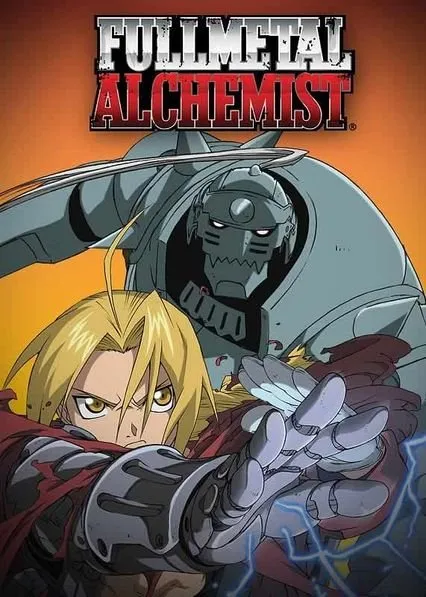
This is only the second FMA coverage out of the planned 4, maybe 5, and my opinion has slightly improved for the benefit of the 1st round. Initially, I didn't quite believe the assurances of some friends that the 2003 anime did a few things better than Arakawa or Brotherhood, but with each episode, I agree more and more.
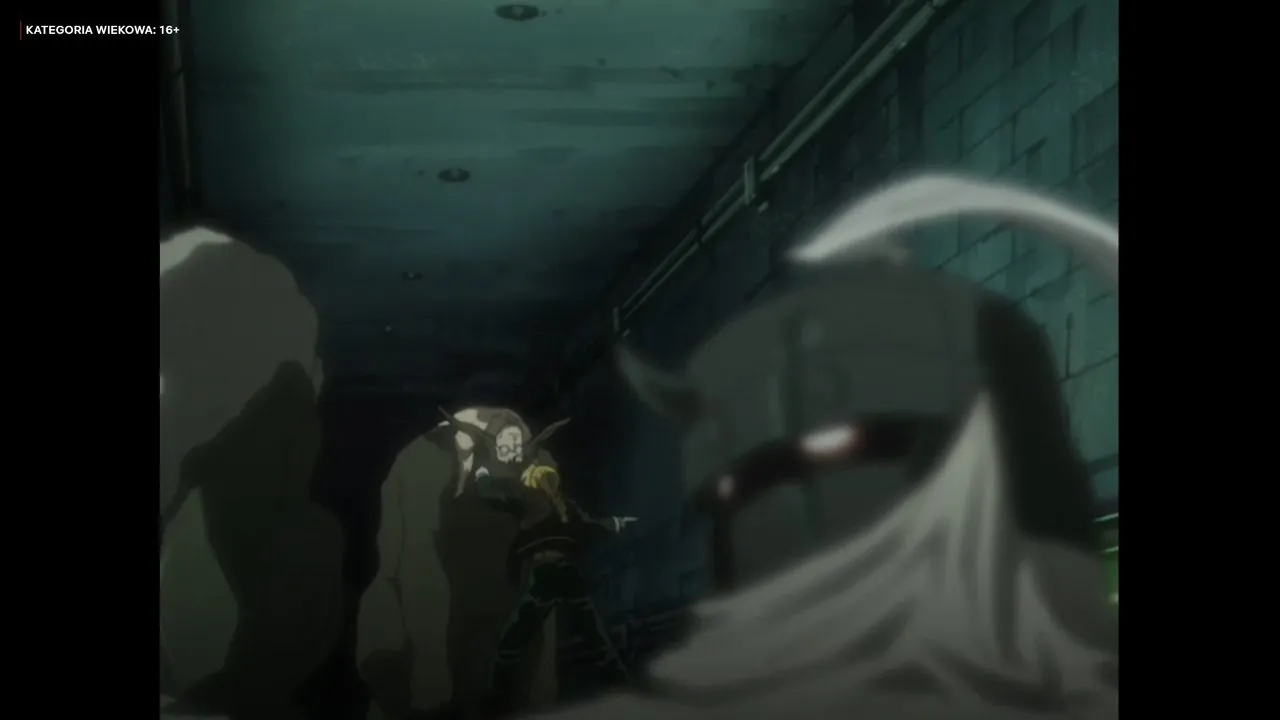
The slaughter of Ishval and most of its inhabitants is incomparably weaker than in the second series. I didn't feel the military extermination at all, and General Grant using an unfinished Philosopher's Stone wasn't helping it. It's a small detail that shouldn't affect my judgment (especially since there wasn't much of it), but it's stronger than me. Due to its appearance, like in some fantastic RTS like "WarCraft 3", I stood out of the rhythm while watching. Returning to the essentials, the massacre looked too gentle for what I saw in Brotherhood. There I had automatic associations with the Holocaust of the Jews, or other genocides based on race or nationality known to me. I felt genuine hatred from some soldiers or alchemists, the destructive power of the military and their technology. I felt genuine sadness as the soldiers carried out the order to massacre the inhabitants of this land. This is not only due to the fact that the creators were bolder in showing scenes of murder and terror of civilians, but also music. Although the FMA has a few good tracks, as a whole it is noticeably weaker than the one composed for the second series. It is not so sublime, it also lacks the strength we heard in episode 30. A force that perfectly reflected the fact that the army had rolled over Ishval, leaving behind debris and piles of corpses, as after the destruction of Warsaw in 1944 by Nazi troops. And in the 2003 series we got a few scenes, weak and sad music, some cruelty, some sadness but generally it came out as thin, like a mosquito fart.
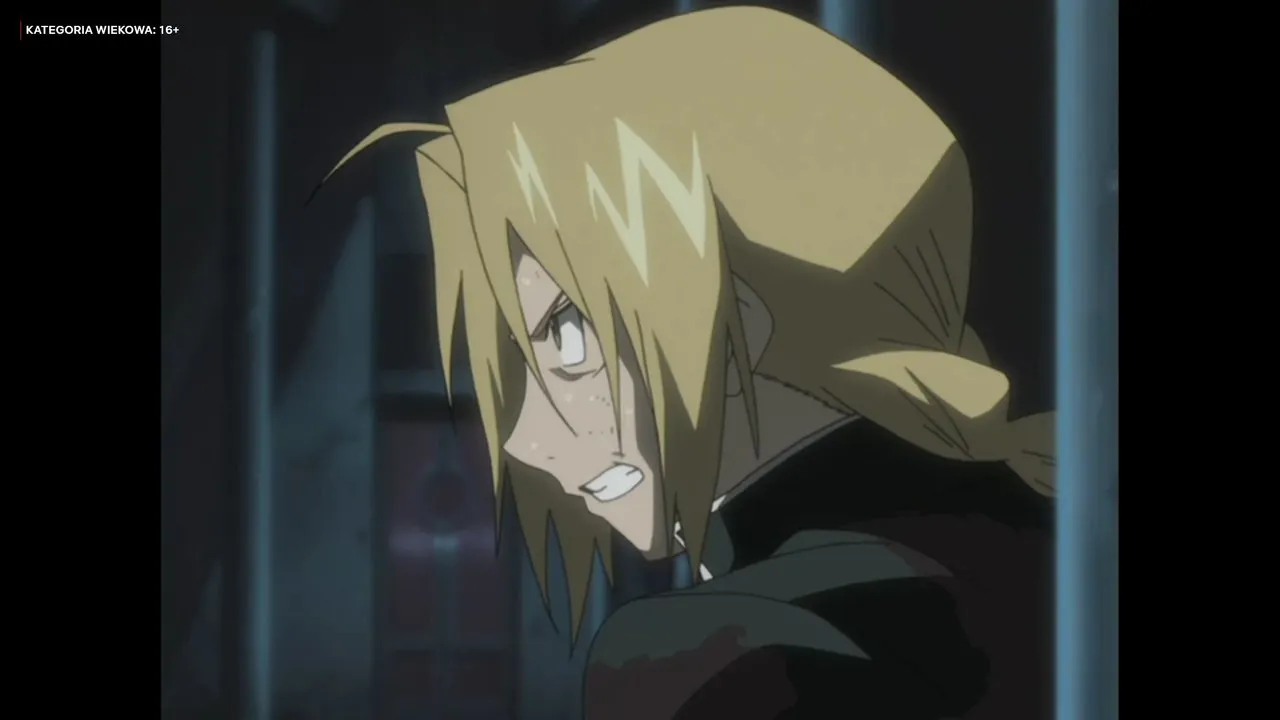
The plot with Scar and his brother fared slightly better, although it differed from its manga version, but it was better connected with the general message of the series and with the philosophical stones. Don't get me wrong, I am not criticizing the plot made by Hiromu Arakawa. The author did a great job in creating her comic, it's just that this thread is more consistent with the whole. I was a little confused at first when I saw Scar's tattoo resonate with the Philosopher's Stone and its notes, but that was due to my over-treating the Brotherhood series for the righteous one. After the flashbacks, however, my embarrassment faded away, and in its place came understanding and appreciation for the writers of the 2003 version.
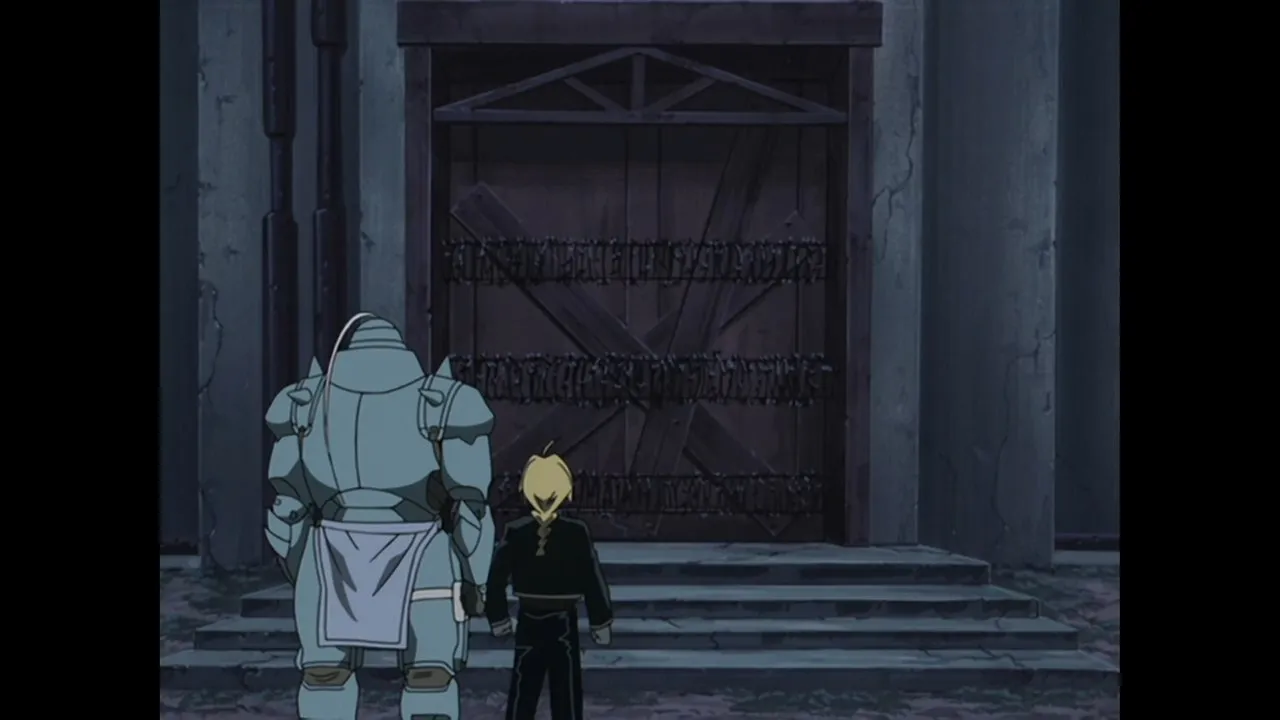
Speaking of Scar, I like the "fights" in which he killed General Basque Grant and massacred Ed and Al. Just as the Avenger did not make a very good impression on me due to his smaller stature, in the above-mentioned one-sided skirmishes, I felt the difference in strength between him and his opponents much better. This is because his victims offered less resistance. In both series they were one-sided duels, but due to the difference in length, they made a bigger impression on me.
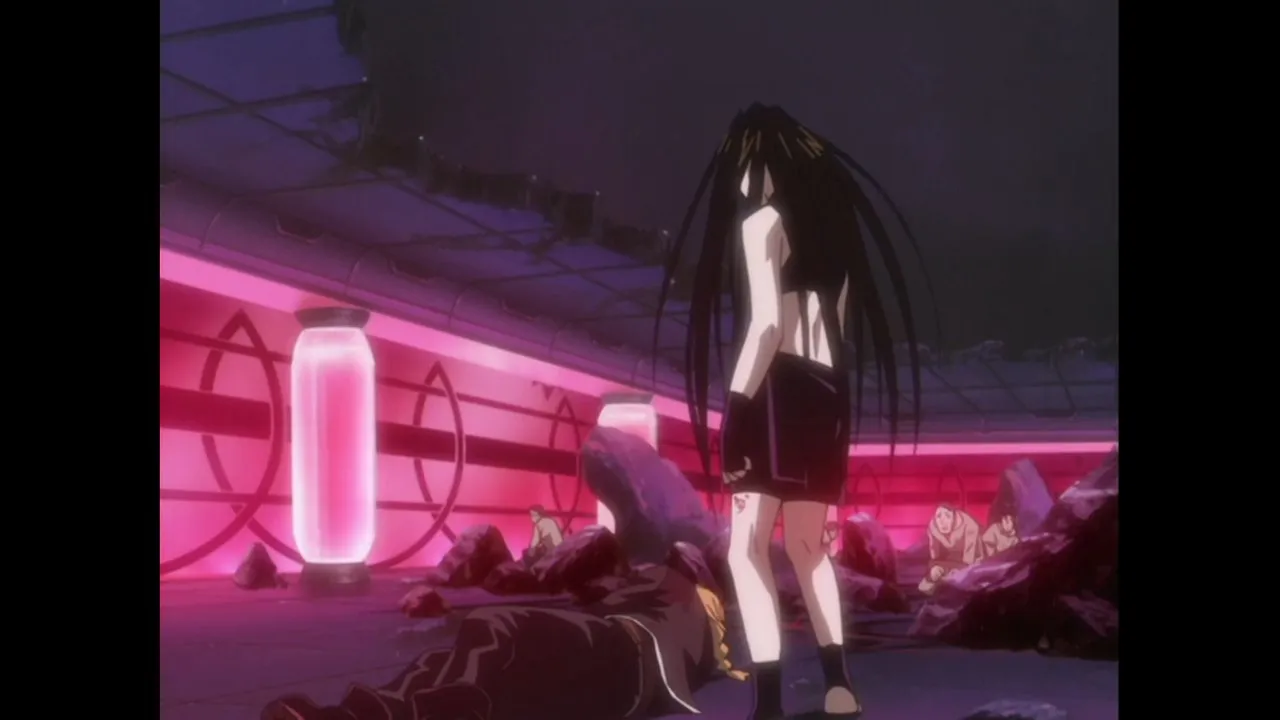
The topic from Laboratory number 5 was even better. I'm talking about the whole thing - fighting the guards, the topic with the Homunculi, introducing Greed, and all the rest. The segment from the laboratory bored me with every session, even the first one, and I was afraid because of fatigue after work I would fall asleep with it. Especially since I've seen him 3 times before. I was very surprised that my reaction was completely different - they were better directed and not that prolonged. I did not compare this thread with the newer version, so maybe I am wrong and here it took more time, but looking completely subjective, I got the impression that in the old one they managed this stage more efficiently. It was also a good idea that the blast was caused by Barry the Chopper and not someone else. After all, they are the guardians of this place, and since the military wants to cover its tracks, the explosion is one of the ways to do so. Nice, too, that the blast woke Greed, not that he was flying free. I liked the idea of developing the plot of Tucker, who in this adaptation created the Chimeras that defend the entrance to Hohenheim. As far as I remember, they did not appear until later and it seems that it was not explained who their creator was. On the plus side I can also write down that a target has been added to some Homunculi, i.e. that Lust and Wrath want to become human. I have not seen the latter yet, because he appears in episode 28. In the 2003 version, Wrath is not King Bradley. Coming back to Lust, I liked the rationale behind it. Even though they are powerful, they are very difficult to kill (or completely impossible - I haven't seen someone with enough power and in good shape at the moment) and theoretically they could have everything, they lack something. Something that is difficult to define - no purpose in life, no place in the world, maybe it was annoying that they were too perfect.
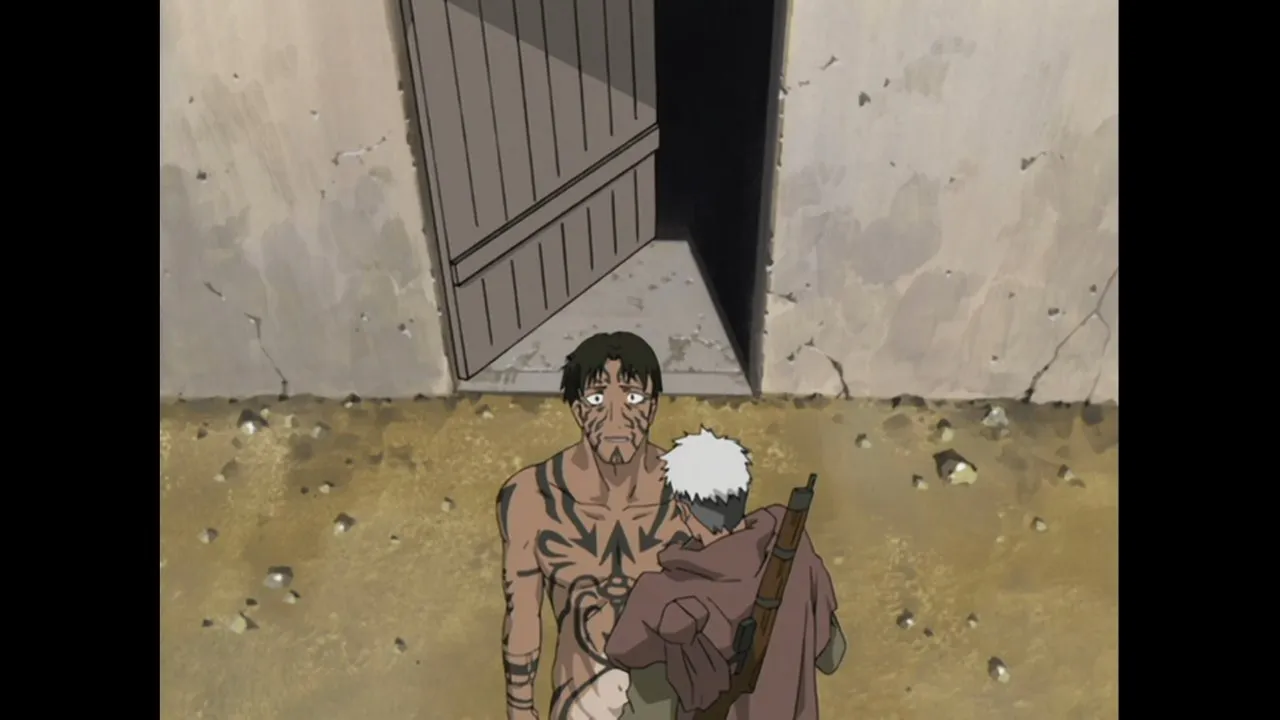
A "nice" change was also that Ed was willing to ignore his resolve not to kill innocent creatures in order to get Alphonse's body back. It will be cruel what I say, but Slicer and Tucker were right in saying that chimeras' lives are pointless, and using them to restore Al's human form would make sense. I am saying this in a context that there was no physical possibility of salvaging them. In Brotherhood there was an option because the brothers were unable to stop the Homunculus and his Children from opening the Gate of Truth, but not here. Had it not been for the fact that Alphonse was watching Edward act, Edward might not have hesitated at first.
Overall it's still worse than in Series 2, but I see more and more cool elements that are + over the new series, and maybe I'll rate this anime higher than I originally planned.